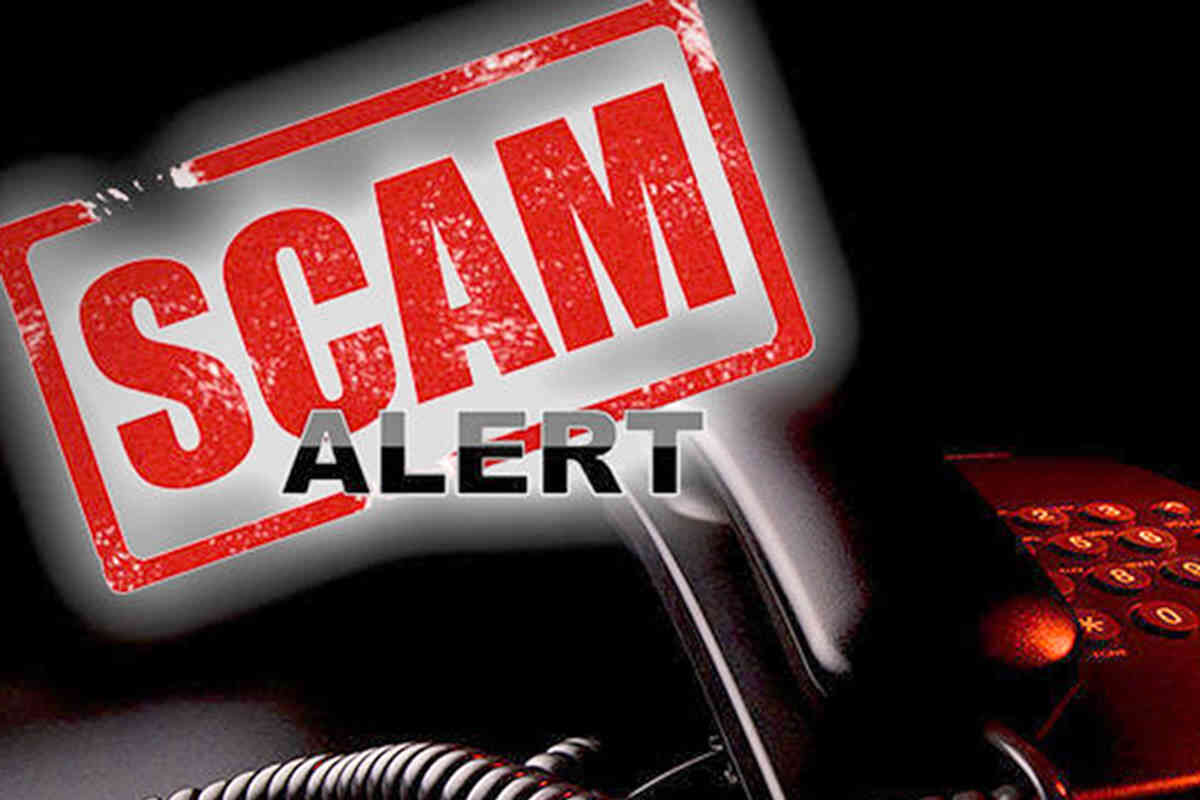
When buying a car, it can often seem challenging to know where to start your search – however, being aware of some of the most common car scams can often be very useful in this regard. Following this thought, today, we’re looking briefly at some of the main things you should know about the most common car scams and signs of potential fraud to help you avoid falling into this trap.

There are countless different car scams out there these days. Unfortunately, fraudsters are getting increasingly adept at hiding their tracks. Following this, one of the best ways to avoid getting caught out by these scams is to be aware of them.
Some of the most common types of car fraud include fake insurance policies and ghost brokers, fake DVLA scams, dodgy or unqualified/unlicenced mechanics, accident scams, and so on. Furthermore, there’s the iconic car buying scam – when you end up paying for a car that doesn’t exist (or, at minimum, is not as advertised).
Being aware of these scams can help you potentially avoid them – however, even the best of us can still get caught out, especially when we’re caught by surprise. Often, fraudsters will also rely on you answering because of a coincidence; for example, if you’ve recently had a minor collision while driving and then get a call saying they’re from an insurance company representing the damaged party, it’s easy to see how this can seem believable.
So, what can you do to avoid these fraud cases? Well, there are several steps you can consider, including the following points:
Alas, there are countless different types of vehicle frauds out there, and scammers are only getting more and more inventive with the ways that they try to trick people into parting with their money or personal details.
Following this thought, we strongly recommend taking steps to authenticate any car purchase you make, so you don’t end up falling into this seemingly hard-to-recognise trap. Running a car history check (ideally a comprehensive plan) can potentially be the best way to go about this.
A car checker tool allows you to check numerous pieces of information relating to a vehicle, including the main details of the vehicle (e.g., its make and model), the car’s MOT history, and so on. As such, in just a few moments, you can quickly check countless pieces of information about a car’s records, allowing you to avoid handing over money to a dishonest seller.